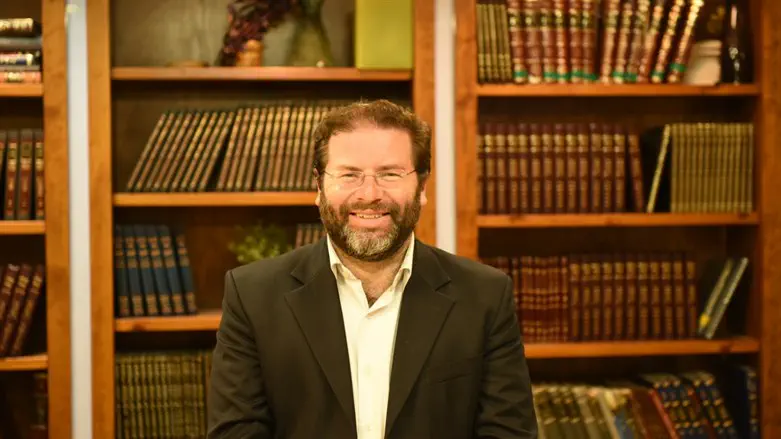
Those who wander through the myriad confessions in the media and social networks regarding the New Year, may have noticed that there are many volunteers ready to beat on the chests’ of others: to warn about "social injustices" in the State of Israel; to apologize "on behalf of the public" for "not having done enough" in relation to one issue or another; and in general – in the best progressive tradition – to portray the society in which we live as corrupt while they see themselves as responsible for reproving everyone else.
The Vidui, confession, is indeed said in the plural – "we have sinned, we have betrayed" – because "one must always be a part of the public" (Brachot 30:1); one must see themself as part of the whole and not as a detached individual. However, the intention is not to blame the public but to focus on my private misdeeds (including the ones I did in private without getting likes). That is why the physical movement that accompanies the confession is the beating of a fist on the chest – the ancient equivalent of pointing one's finger only at themself.
On Yom Kippur 5783, it is better for each of to focus on the good that exists around us, and shine a spotlight – only on ourselves in front of the Creator – on what, as individuals, we need to improve.
May you be inscribed in the Book of Life!